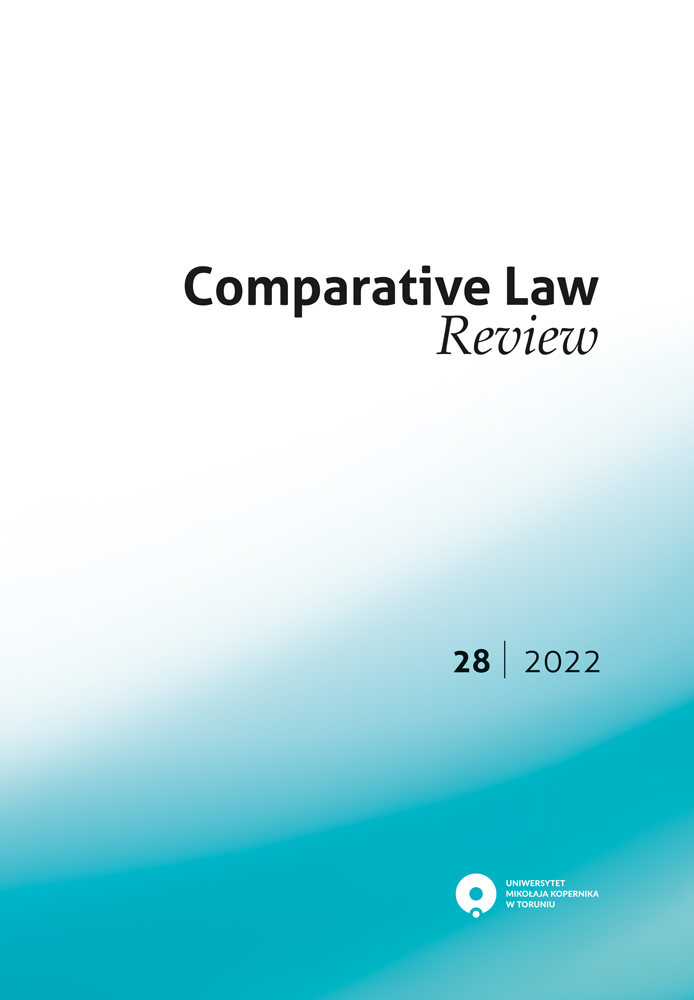The Right to Conclude Collective Agreements and Collective Bargaining: International Standards and the Legislation of Ukraine
DOI:
https://doi.org/10.12775/CLR.2022.005Keywords
labour law, collective agreement, collective bargaining, labour rights, social protectionAbstract
The possibility of concluding collective agreements and negotiations is enshrined in international documents and is perhaps the most important principle of labour law. In modern times, this principle and law are still the focus of the International Labour Organization, which considers this right, firstly, as the main labour right and an important socio-economic and political aspect. An important labour right of a person is the fixed opportunity to conclude collective agreements and negotiate. The study of the essence and content of this law is of paramount importance for modern legal science and labour law in particular. In the course of the research, such methods as dialectical, formal-logical, comparative-legal, hermeneutics, analysis, and synthesis were used. Before the study, the aim was to analysee the nature, content, and essential characteristics of the right to conclude collective agreements and negotiations, to analyse existing international standards in this area, as well as the legal regulation of collective agreements and negotiations in the labour legislation of Ukraine.
Downloads
Published
How to Cite
Issue
Section
License
Copyright (c) 2022 Ihor V. Dashutin, Olena A. Hubska, Olena M. Hanechko, Volodymyr O. Havrylyuk, Oleksandra V. Vaytsyshena

This work is licensed under a Creative Commons Attribution-NoDerivatives 4.0 International License.
Stats
Number of views and downloads: 1106
Number of citations: 0



